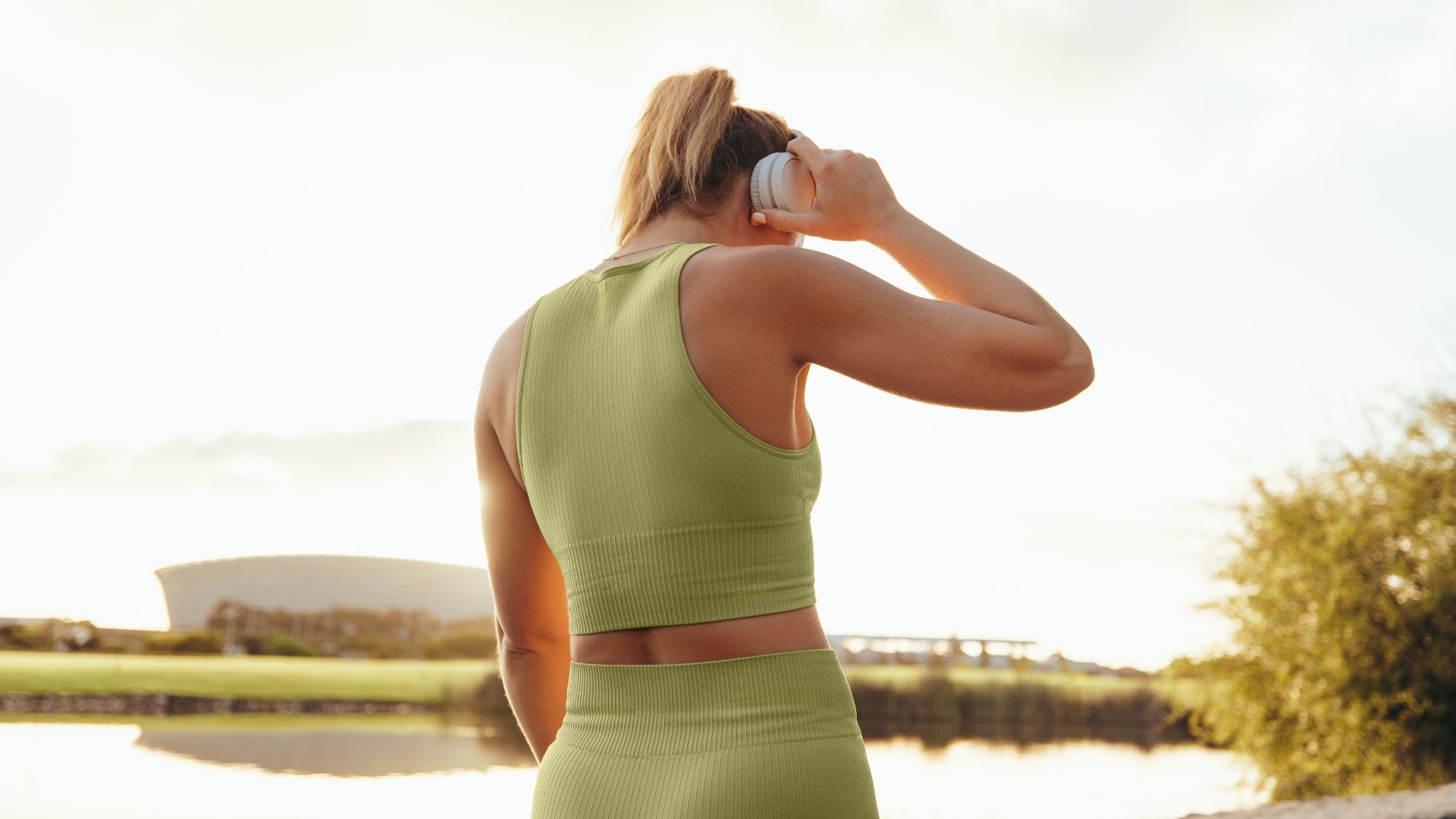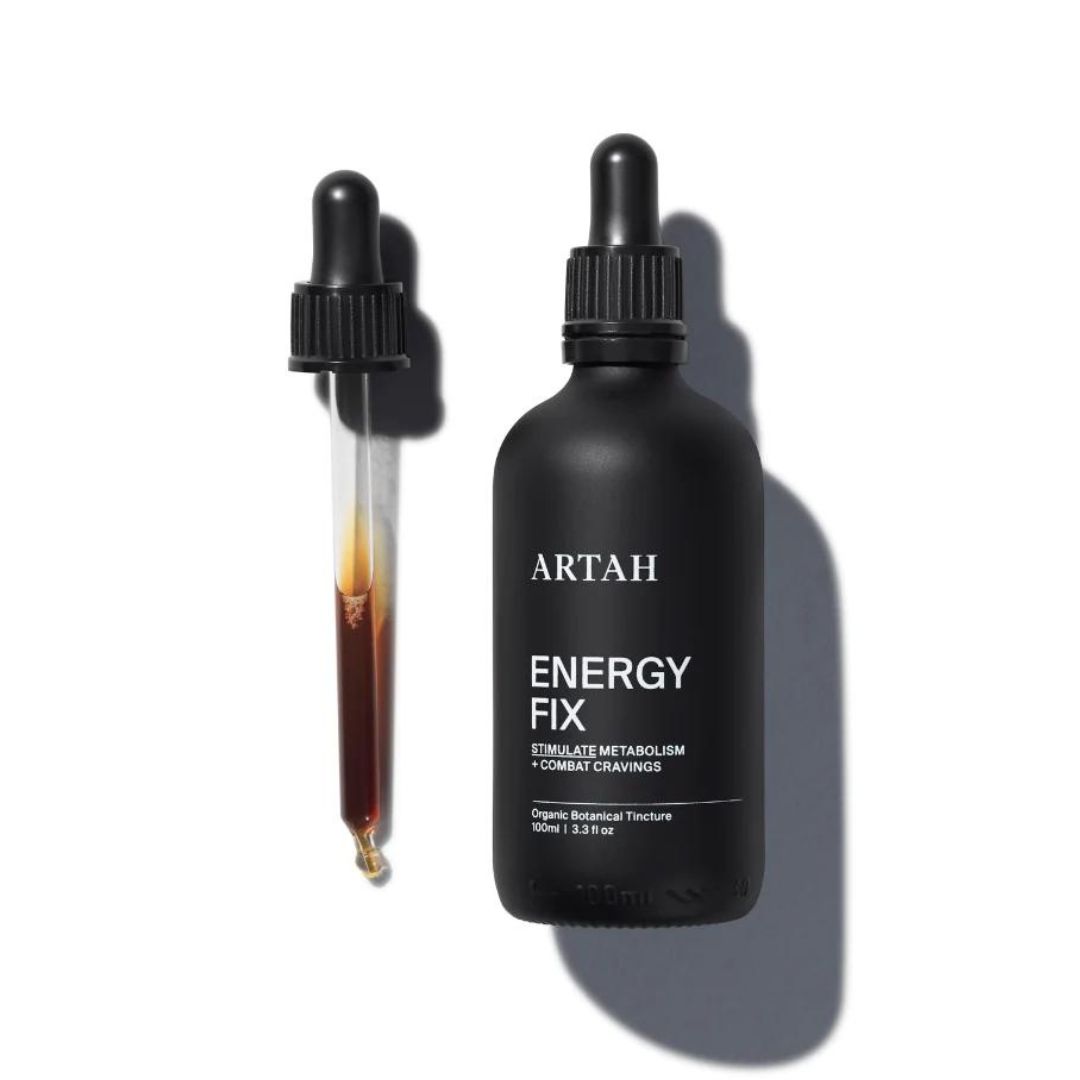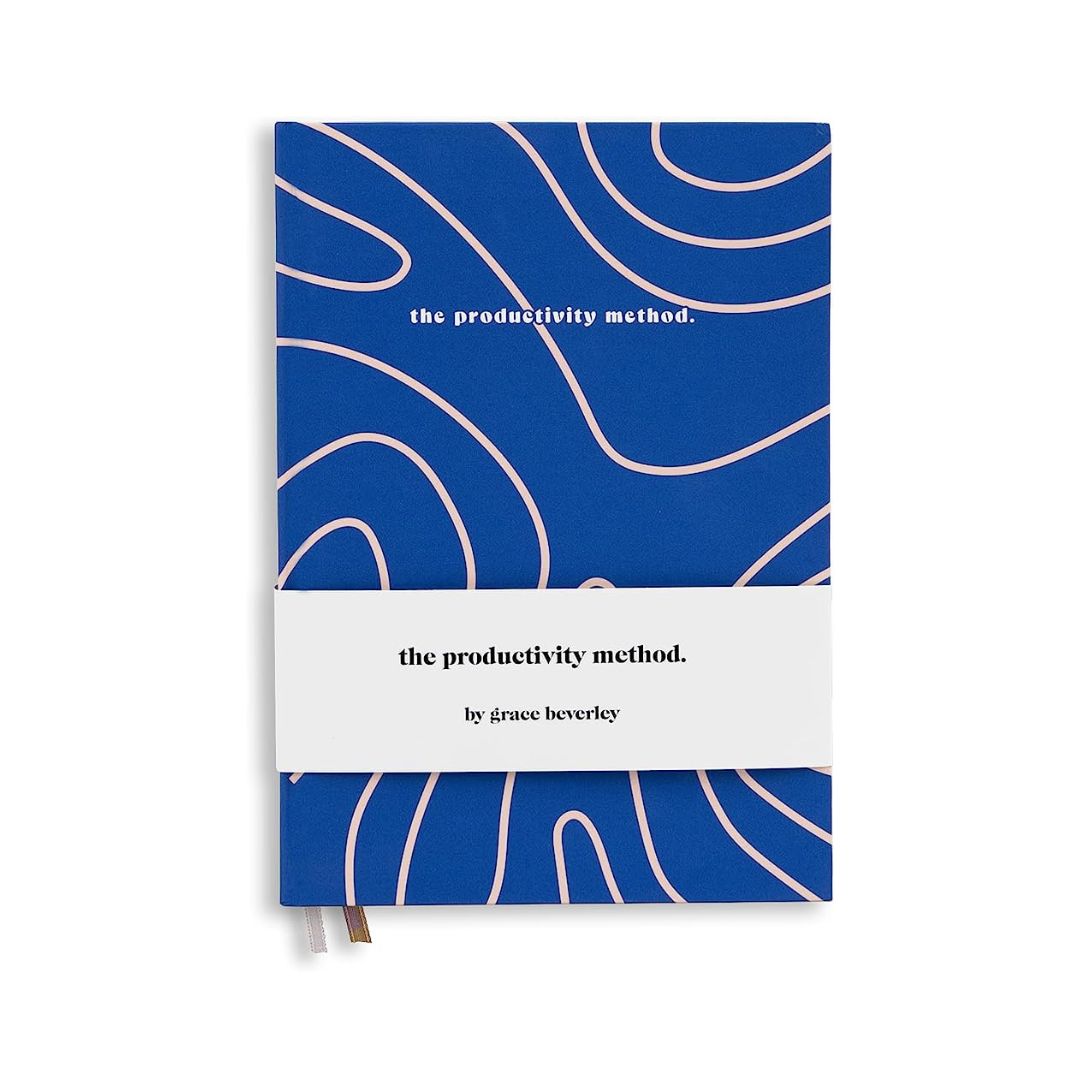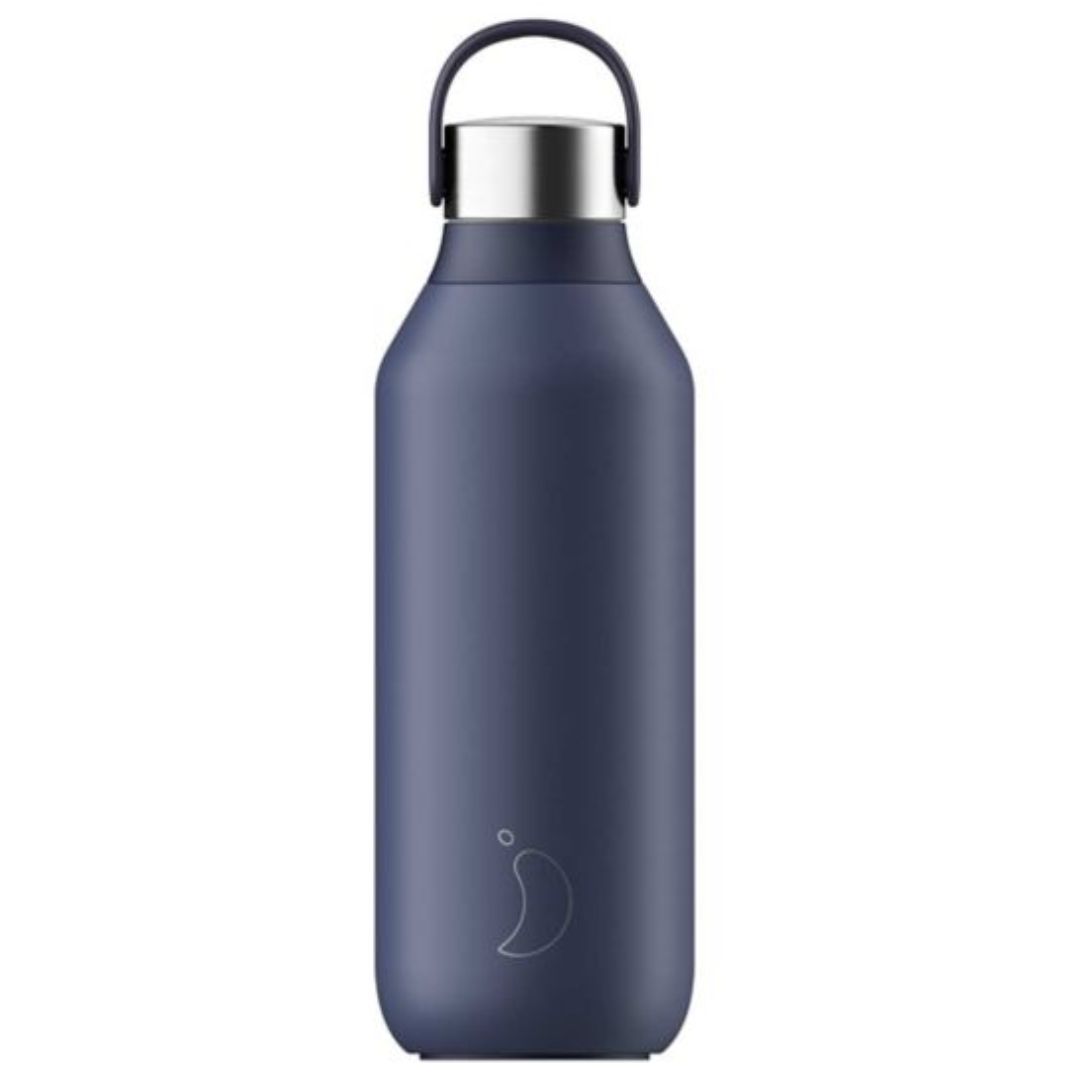Constantly tired? These are the simplest ways to boost your energy when tired - no coffee needed
Take note and thank us later.


Googling, how to boost energy when tired? You're not alone if you're feeling exhausted. Well, you're not alone. A recent YouGov survey found that a quarter of UK adults feel tired most of the time, while one in eight say it's a problem for them "all of the time". That should be a shocking stat, but sadly, tiredness is all too familiar an issue for many of us.
Life is hectic and there are countless demands on our time, hence feeling frazzled. But, the good news is, there are some simple tips and tricks to help boost your energy - no coffee needed.
First up though, it's important to note that if you're feeling tired all the time (doctors even have an acronym for this: TATT), then it's worth chatting to your GP. If you're waking up feeling tired, unable to sleep at night despite being exhausted or never feeling fully refreshed, then seek medical advice, stresses Laura Kaar, a registered dietitian. "Excessive tiredness can be a symptom of certain conditions, such as undiagnosed coeliac disease, anaemia or an underactive thyroid to name a few," she explains.
While having dips in energy levels throughout the day is normal, there are some simple steps that you can take to help prevent tiredness from taking over, says Kaar. Read on to see what she recommends, along with input from a couple of other expert voices.
Don't miss our guides on how to get to sleep and how to improve sleep, while you're here, as well as the tell-tale exhaustion symptoms to watch out for.
How to boost energy when tired: your guide
1. Remember to hydrate
Did you know that if your body is dehydrated by just 2 to 5%, it can have a noticeable impact? "Tiredness, concentration and alertness can all be affected by dehydration," says Kaar, who suggests reaching for a glass of water instead of a coffee when you feel the afternoon energy slump hitting.
"It can be harder to reach the recommended six to eight glasses per day in the winter, but you can get fluids from food, too," she explains. Think a warming bowl of soup and a pear for lunch or a cucumber and watermelon salad on the side, she says.
Marie Claire Newsletter
Celebrity news, beauty, fashion advice, and fascinating features, delivered straight to your inbox!
If drinking plain water isn't for you, why not try adding lemon or mint to your glass, jug or bottle? Mint water benefits - the herb has been cited as a natural remedy for centuries - span digestive relief for bloating, gas, and nausea while drinking lemon water every day can boost your hydration in a more tasty way.
Kaar also recommends trying to spread your drinks out throughout the day and advises against glugging huge amounts just before bed as it will likely disrupt your sleep. Got that?
2. Try changing your thought pattern
"When you're tired, you have a tendency to tell yourself - and others - repeatedly how tired you feel," says Lily Silverton, a mindset and life coach and founder of The Priorities Method. While it’s not useful to deny or ignore how you feel, she shares that this kind of mental repetition can sometimes do more harm than good.
"By repeating something such as 'I’m so tired', it becomes more and more true to your brain," she shares. "You can get stuck in a negative loop whereby your thoughts about being tired make you even more tired than you already are." Instead, she encourages trying to replace the thought with something like: 'I'm so tired but I also have great reserves of energy I can use now. I'll make sure to rest later today."
Doctor Hazel Wallace is also a fan of reframing thoughts and addressing the negative ways you can end up talking to yourself. As Wallace puts it: "We live in a society that romanticises productivity - if you’re not constantly doing something, you feel like you’re not moving forward. But reframing the way we think about rest and productivity and realising that in order to achieve the latter - we must make time for the former, is a much more helpful approach." Amen to that.
A post shared by Dr Hazel Wallace BSc MSc MBBCh (@thefoodmedic)
A photo posted by on
3. Get sunlight in the morning
While this is easier said than done at the moment, Kaar encourages some form of natural light first thing in the morning to help set your circadian rhythm.
"The circadian clock does more than just make you feel sleepy at night," she explains. "It also regulates hormones to ensure wakefulness during the day." Getting sunlight in the morning signals your body to stop producing melatonin (the sleep hormone) and triggers healthy amounts of cortisol. Combined, says Kaar, this results in you feeling alert and ready for the day.
But morning light is not just important for making you feel awake - it also sets the timer for when melatonin should kick in that evening, she explains. "Natural light first thing not only makes you feel more alert in the morning, it also helps you get a good night's sleep that evening."
Sunrise alarm clocks are also a great way to make sure you're waking up to more natural light.
4. Track your energy levels
If you're looking to boost energy, Silverton suggests working out when you do your best work and then arranging your life to support that. "By assessing and figuring out your energy levels, you can begin to organise your time – insofar as you’re able – to reflect that," she explains.
This means you’re doing your best work when you have plenty of energy rather than when you’re drained, she adds. "Think of it as swimming with the tide, rather than against it."
5. Make sure to eat enough during the day
It might sound simple, but making sure you're eating enough during the day is key to struggling tiredness, says Kaar. "This may sound basic but it can be easily overlooked, especially if you exercise frequently," she explains.
It's also important to pay attention to both calories and nutrients. Being on a very restricted diet increases the risk of nutritional deficiencies that could result in tiredness, such as low iron or vitamin B, and the risk of overall calorie deficit, points out Kaar. If you think you might be suffering from any of these, make sure to check in with your GP - they'll be able to advise and if necessary, run blood tests.
Don't miss our guides to the best foods to eat to boost energy and mood boosting foods, while you're here.
6. Have a go at some exercise snacking
Kaar is a huge fan of exercise snacking. "I love this term, which refers to doing small bouts of exercise throughout your day," she enthuses. Even short bursts of movement can increase oxygen circulation, she says, and help you feel more alert.
"Try doing a minute each of squats, kneeling push-ups and lunges next time you are struggling to keep your eyes open," says Kaar. "If you're in the office and want to avoid funny looks, try walking to a water fountain on a different floor so you're getting stairs in and a drink of water – it's a win-win."
7. Make sure to balance your snacks
On to snacks of the edible kind now. "So often I see people in clinic just having a piece of fruit or a few biscuits between meals and feeling tired or hungry again soon after," shares Kaar.
Rather than do this, aim to boost your snack by adding in both protein and fats, making it a nutritionally complete option. An example - rather than just having a banana, try adding a small pot of yoghurt and some nuts with it, she suggests. By adding protein and fats to a carbohydrate it slows the digestion for a steady stream of energy rather than peaks and dips, plus it helps you feel fuller for longer.
"It might sound old-fashioned, but having a glass of cow’s milk alongside your biscuits will add 7g of high-quality protein," says Kaar. Not sure how much protein you need? Our guide will help. Healthy snack ideas at the ready.
8. Give yourself something to look forward to
"Humans love anticipation," says Silverton. Sure - but wondering how that relates to boosting energy? Well, the expert explains that it fires up all sorts of parts of your brain, in turn helping to raise your energy levels.
She suggests giving yourself a boost by setting or reminding yourself of something in the future that you’re excited about. It could be a holiday, a catch-up in the pub with an old friend, a weekend yoga class or something else altogether. "It’ll help give you an instant lift," she assures.
Shop MC UK's go-to energy boosters now:

Containing a host of organic ingredients, including bladderwort, gymnema, Siberian ginseng, cayenne, dandelion root and fenugreek, this formula by buzzy supplements brand Artah promises to stimulate circulation, improve energy and support blood sugar.

I'm in awe of Grace Beverley's levels of organisation, productivity and prioritisation. Surely, nailing some of that is the key to using your energy wisely? Well, we can all attempt her ways with her best-selling Productivity Method planners. Make sure to watch her YouTube explainer to get the most out of it.

Keep your hydration goals on track by keeping a water bottle near you, whether that's in your bag when you're on the go or on your desk at work. Trust me, having it close to hand will make it that tad bit easier, meaning you're more likely to do it. I love my Chilly's water bottle for keeping cold drinks perfectly chilled.
Amy Sedghi is a freelance journalist, specialising in health and fitness, travel, beauty, sustainability and cycling.
Having started her career in The Guardian newsroom working with an award-winning team, Amy's proud to have reported on a variety of topics, speaking to a range of voices and travelling far and wide to do so. From interviews on ski lifts to writing up breaking stories outside courtrooms, Amy is used to reporting from a range of locations (she’s even been known to type up a story in a tent).
She also loves being active, spending time outdoors and travelling - with some of her favourite features she’s worked on combining all three. Cycling and eating her way round the Isle of Man, learning to sail on the Côte d'Azur and traversing the Caminito del Rey path in Spain are just some of her highlights.
Covering a diverse range of subjects appeals to Amy. One minute she may be writing about her online styling session with Katie Holmes’ stylist and the next she’s transporting readers to the basketball courts of Haringey where she joined a group trying to lower knife crime in the capital.
While at university, Amy was awarded The Media Society bursary. Following her stint at the Guardian, Amy worked at Google and as well as writing for Marie Claire, she regularly contributes interviews, features and articles to National Geographic Traveller, The Guardian, The Independent, The Telegraph, Stylist, Refinery29, Glorious Sport, Cycling Weekly and Rouleur.
When she’s not writing, Amy can be found trying to get through her towering stack of books-to-read, cycling down at Herne Hill Velodrome or looking for the next place to eat and drink with friends.
-
 Penn Badgley and Blake Lively kept their breakup a secret from the Gossip Girl cast and crew - here's what we know about their former relationship
Penn Badgley and Blake Lively kept their breakup a secret from the Gossip Girl cast and crew - here's what we know about their former relationshipBy Jenny Proudfoot
-
 Spring has finally sprung - 6 best outdoor workouts that are totally free and boost both body and mind
Spring has finally sprung - 6 best outdoor workouts that are totally free and boost both body and mindSoak in the nature and boost Vitamin D *and* endorphins.
By Anna Bartter
-
 This iconic rose perfume is a compliment magnet—it makes me feel ‘put together’ after just one spritz
This iconic rose perfume is a compliment magnet—it makes me feel ‘put together’ after just one spritzGrown-up and elegant, yet not at all dated.
By Denise Primbet